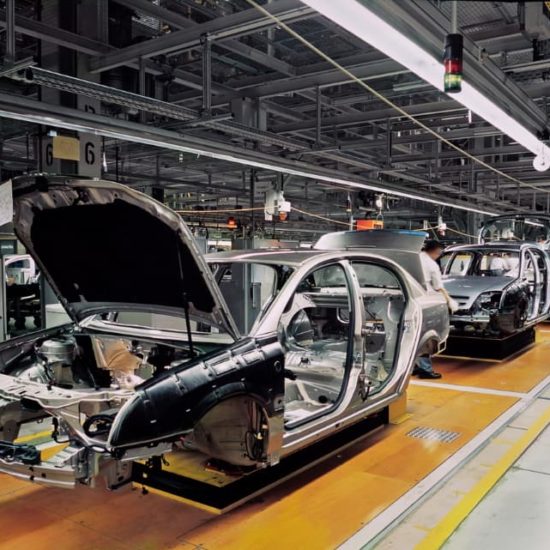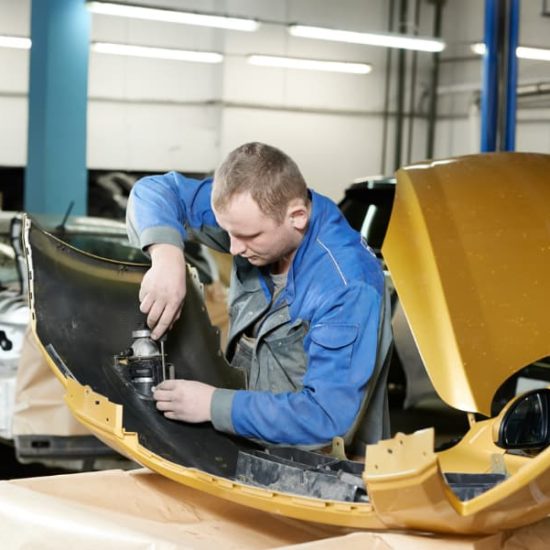Cars of the Future: Impact of Electric Cars in the Automotive Industry
Looking back at the past century of innovation, we see how our world has tremendously changed with technological advances, the most crucial being the innovation of electric cars. Although it will be several years before they completely take hold of the market, their impact on various aspects of our society has already begun to be felt. Below, NYADI The College of Transportation Technology explores how the cars of the future are already revolutionizing the automotive industry.
Automotive Technology and Design
One of the sectors that electric vehicles will have the most influence on is design and manufacturing. Electric cars, being the cars of the future, are set to focus on new technologies. These technologies include things like self-drive, human behavioral sensors, and self-diagnostics. Altogether, these technologies will change how automakers design their cars, manufacture them, and operate them.
To have a competitive edge in the market, each automaker will have to create better and more desired technologies than the competition. This competitive aspect of the industry will help push the limits of new technologies even further and lead to new automotive innovations, one such area being automotive design. Since EVs use batteries instead of a gas-driven engine, the cars will have extra space. Automakers may alter a car design to utilize this free space, such as adding extra storage for luggage.
Automotive Dealership
Another sector impacted by electric vehicle innovation is the auto dealership, as these types of cars have a reduced need for servicing of electric cars. Although they have a maintenance cost, it is not as high as that of cars with gasoline or diesel engines. This means electric car dealership owners will not need to purchase large machinery for oil changes, belts, radiator flushes, and tune-ups.
Government Regulation
Electric cars are changing the automotive industry by shifting government regulations. With their ability to affect climate change, governments are now forming guidelines that promote the sale and manufacture of electric cars. It is a significant effect because such regulations will favor EVs, ultimately shifting automakers from gas-driven to electric-driven vehicles.
Automotive Repair Industry
Electric cars have fewer moving parts than traditional gas-powered cars. Often, it is the mechanical nature of gas-powered motors that leads to damage and necessitates servicing. However, since electric engines have fewer moving parts, they are less likely to require regular repairs. This feature will take a toll on the vehicle repair industry because fewer cars will find their way into the hands of mechanics.
Consumption
Electric vehicles come with government subsidies and company incentives. These policies make electric cars cheaper than their gas-driven counterparts. The utility of this is already visible as we see an increase in their consumption.
Automotive Supply Chain
Finally, EVs are set to impact the supply chain of the automotive industry. Their demand for raw materials will increase, since they require more rare-earth minerals than gas cars do. This impact will necessitate the recovery of raw materials to meet their surging demand.
Prepare for the Electric Vehicle Industry at NYADI
Electric cars, being the cars of the future, are continuing to evolve and set new trends. NYADI offers students technical knowledge and skills needed for advances in the automotive industry. Sign up with us today in one of our many programs.



